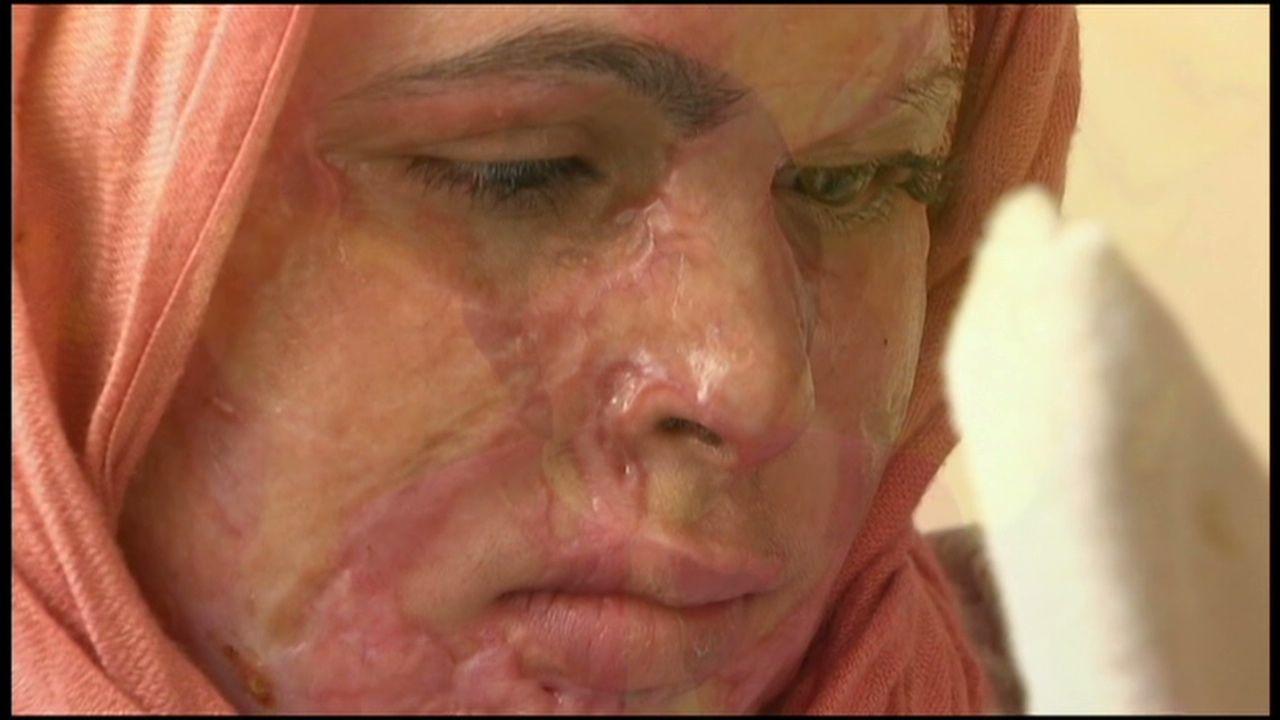Torture And Religious Persecution Documented In New Report
Inhuman treatment, cruelty, degration, and religious persecution are committed by numerous governments, according to the USCIRF.

Governments around the world continue to violate religious freedom and breach international law by engaging in torture and other cruel, inhuman, or degrading treatment, according to a report by the U.S. Commission on International Religious Freedom (USCIRF).
In an October USCIRF fact sheet, “Religious Freedom and the Prohibition of Torture and Ill Treatment,” the commission highlighted incidents of torture in Afghanistan, Eritrea, Iran, North Korea, Russia, Saudi Arabia, Turkmenistan, and Vietnam, and recommended the United States designate each of them as countries of particular concern (CPCs) as they “engage in or tolerate ‘particularly severe violations’ of religious freedom.”
These designations are based on information from the USCIRF’s Frank R. Wolf Freedom of Religion or Belief Victims List, which is a database that tracks select victims targeted due to their religion. While the list does not necessarily reflect the exact accounts of torture abroad, at least 206 of the over 2,330 victims on the list have suffered torture or other ill treatment.
The Convention Against Torture and Other Cruel, Inhuman, or Degrading Treatment or Punishment’s (CAT) definition of torture outlines three elements that, when combined, “reach the threshold of torture.”
The definition states that torture is the “intentional infliction of severe pain or suffering, for a specific purpose, such as to obtain information, as punishment, or to intimidate, or for any reason based on discrimination, and by or at the instigation of or with the consent or acquiescence of state authorities.”
While 175 countries have enacted the CAT, the prohibition on torture is “a compulsory norm of international law,” the commission wrote. Torture methods vary and can be physical, sexual, or psychological including sleep deprivation or solitary confinement.
The CAT does not define ill treatment, but it requires states to prevent it. Acts that cause suffering or harm may be considered ill treatment and are still prohibited even if they do not meet the strict definition of torture. Examples of ill treatment might include “holding a prisoner in overcrowded or unsanitary conditions, public humiliation, verbal abuse, or denial of medical care.”
The U.S. government “should strengthen its advocacy on behalf of individuals persecuted in foreign countries on account of their religion or belief, including those who have suffered torture or other ill treatment,” USCIRF recommended.
Global case studies
The report highlighted previous findings to emphasize the instances of torture abroad and the need for designations of CPCs. In May, USCIRF reported “persistent reports of widespread torture and ill treatment in Turkmenistan, including severe beating and other serious abuse often used to extract confessions.”
The committee further noted its concern regarding a pattern of “institutional impunity,” given the lack of investigations and prosecutions in Turkmenistan and across the Central Asia region.
In Kyrgyzstan, USCIRF also documented alleged torture. Despite these allegations, the country recently abolished its independent torture prevention body.
In Afghanistan, the Taliban systematically imposes its interpretation of religion to restrict religious freedom. Authorities use corporal and capital punishment to penalize violations of their interpretation of Shari’a law.